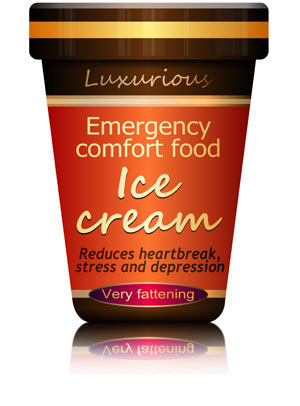 0
0 In a recent series by Business Insider, behavior scientist Dr. Susan Weinschenk highlighted 100 psychological facts (presented in two parts) that every human should understand about themselves and others.
Weinschenk, who penned the books, “Neuro Web Design: What Makes Them Click?” and “100 Things Every Designer Needs to Know About People,” postulates that humans have three types of brains. Those three include the new brain, “the conscious, reasoning logical brain;” the mid-brain, “the part of the brain that processes emotions;” and the old brain, “the part of the brain that is most interested in your survival.”
Based on the series, we’ve singled out 5 psychological facts that will come in hand in the real world.
 | – High levels of stress are poor for your health, but did you know that it can also negatively affect your ability to perform? If you’re stressed about something, your best bet is to fix the problem before tackling your work. This lets your new brain “the conscious, reasoning logical brain;” process information better without the mid-brain “the part of the brain that processes emotions;” getting in the way. |
 | – People look to others for advice and stories when they’re uncertain. Always utilize the power of anecdotal stories and expert advice, both of which “talk” to our mid/emotional brain. |
 | – We’re hardwired to imitate and empathize with those around us. Want to get your kiddos to eat their greens? Showing them photographs or videos of other children doing the same thing may positively influence them. |
 | The two emotional states in which you’re most susceptible to ads and/or branding is when you’re sad or afraid. So, if you’re trying to stick to that diet and are having a blue day, steer clear of magazine, web and TV adverts touting delicious, calorie-laden goods. |
 | – Multi-tasking is actually a myth. According to Weinschenk, there’s only one occasion in which we actually multi-task, and that’s when we’ve performed a physical task so many times in the past that we can do it without using our brain. |
By Wendy Rose Gould
Posted by Wendy Rose Gould at 10:52 AM
Insights , Opinions , Points of View , Trends |
